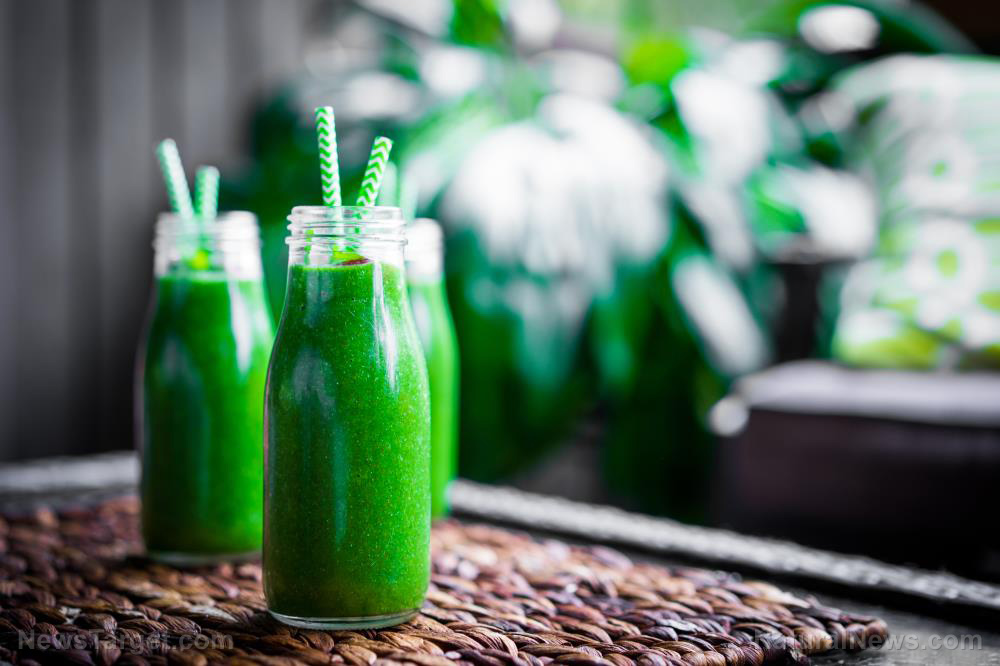
Published in the British Journal of Health Psychology, it revealed that women drank more often than men but men drank in larger quantities than women per occasion. However, both men and women had one portion less of fruits and vegetables per day on average. They also exercised less during the lockdown.
Overall, the findings show that people's lifestyle habits worsened early in the pandemic. The researchers said it is not at all surprising that this is the case since strict protocols likely made it harder for people to get groceries and exercise unhampered.
Co-author Caitlin Notley said these findings could help experts give people better advice on how best to protect their health amidst lockdowns. The study has particularly important implications since it comes as the country is once more plunged into a lockdown to cope with surging COVID-19 cases.
More drinking, less exercising
Notley and her colleagues sought to analyze how certain lifestyle habits changed due to lockdowns. To this end, they studied the responses of more than 1,000 Brits who signed up for a daily lifestyle survey in April and answered questions for three months.
Their analysis showed that people generally drank more alcohol. However, women drank more often than men, possibly to cope with stress from having to homeschool children or tightly manage their household's income.
Experts also pointed out that enforced social isolation has driven people to drink more to cope with feelings of loneliness or stress. Julie Breslin, head of the Drink Wise, Age Well program of We Are With You, a charity for people who have issues with drugs, alcohol or mental health, said it's not surprising women are drinking more often than men.
Younger women might be using alcohol to cope with greater domestic pressure, whereas older women isolated from their children, grandchildren and social groups might drink more to cope with loneliness.
Breslin even cited the charity's own study, which found that one in four women over the age of 50 years would binge-drink at least once a month in 2020. Close to half of the women in that age group also said they drink at least two to three times per week.
Meanwhile, men were found to drink larger quantities of alcohol per drinking session. They were also prone to binge-drink. Co-author Felix Naughton said older males who were key workers of their households were likely to drink a greater number of alcoholic beverages on a typical day of drinking.
In addition, both men and women were doing less exercise. In particular, the researchers found that there was a 20 percent reduction in days when participants would do at least 30 minutes of moderate exercise. That said, some of the participants reported doing more strength training by as much as 15 percent per week.
However, Naughton and his colleagues found that participants who were most at risk for COVID-19 had lower levels of physical activity than most. Since exercise is known to improve immune health, a lack of it could lead to an increased risk of developing COVID-19 among those already at greater risk for the disease.
The researchers acknowledged that lower levels of exercise might be attributed to health protocols that render exercising difficult, such as the use of face masks and shields, as well as practicing social distancing. Therefore, finding ways around these obstacles is important, said Naughton.
Additionally, they found that participants were eating one portion less of fresh foods every day than they were before the pandemic. Surprisingly, there was no increase in junk food consumption.
Drinking, eating a nutrient-poor diet and not exercising can have serious consequences, including poor overall health and a greater risk of developing chronic diseases. Therefore, if these unhealthy short-term changes turn into long-term habits, people may develop a severe infection if they contract the coronavirus, added Notley.
The researchers plan to collect more data to determine whether changes in behavior become more entrenched with more restrictions in place. (Related: Europe gearing up for another lockdown as new COVID-19 infections soar.)
Read the latest update on the coronavirus pandemic at Pandemic.news.
Sources include:
Please contact us for more information.























